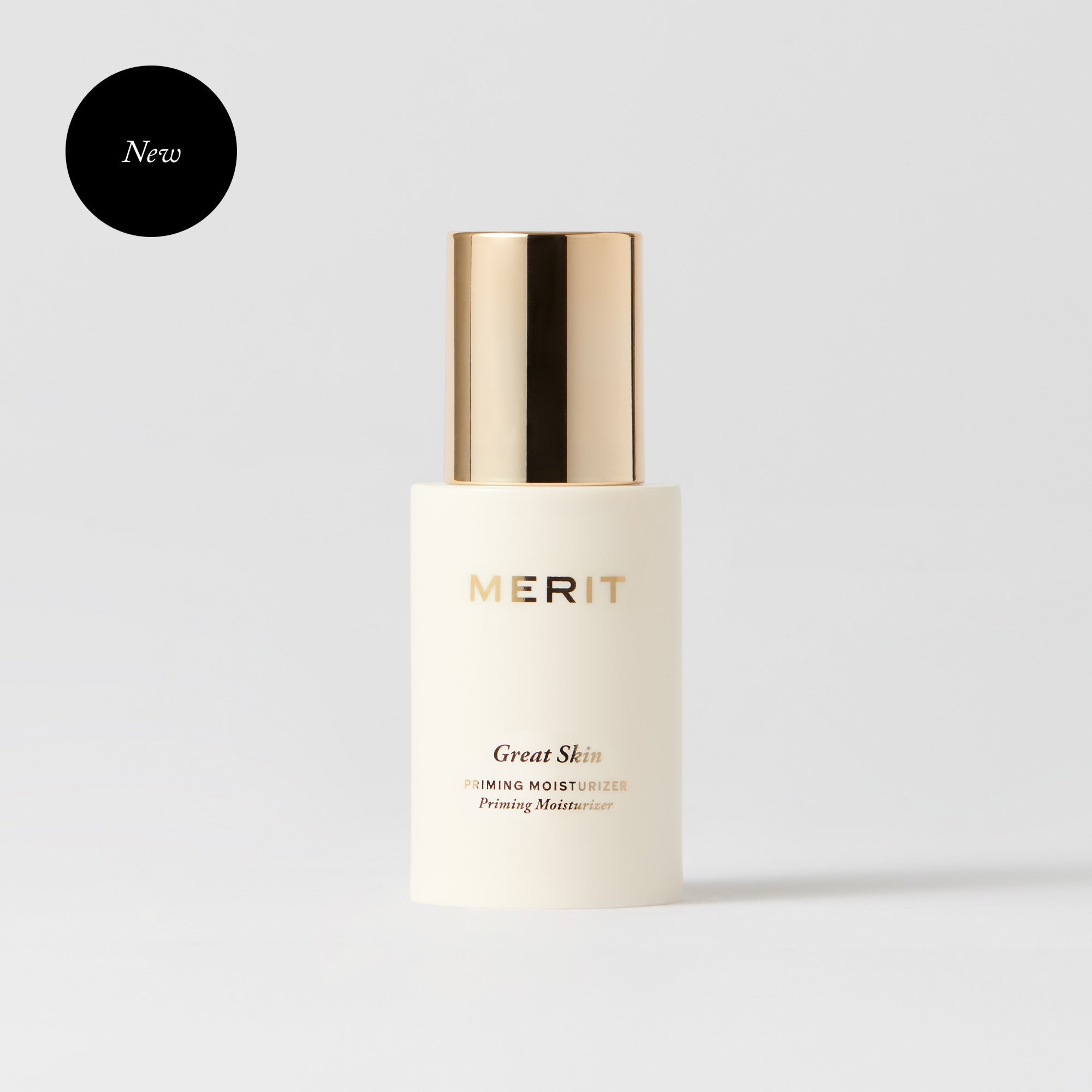Darsazma News Hub
Your go-to source for the latest news and insightful information.
Moisturizer Mysteries Unveiled
Unlock the secrets of moisturizers! Discover the truth behind hydration myths and find your perfect skincare match today!
The Science Behind Moisturizers: How Ingredients Work Wonders for Your Skin
The science behind moisturizers lies in their carefully selected ingredients, which work synergistically to hydrate, repair, and protect the skin. Moisturizers typically contain three main types of ingredients: humectants, emollients, and occlusives. Humectants, such as glycerin and hyaluronic acid, attract moisture from the environment or deeper skin layers, helping to keep the skin hydrated. Emollients, including oils and butters, smooth the skin's surface by filling in gaps between skin cells, thus improving texture and reducing the appearance of dryness. Lastly, occlusives, like petroleum jelly and beeswax, act as a barrier that seals moisture in, preventing transepidermal water loss.
Understanding the unique benefits of these ingredients can help you choose the right moisturizer for your skin type. For instance, those with oily skin may benefit from lightweight, gel-based moisturizers rich in humectants, while dry skin types might require richer creams laden with emollients and occlusives for optimal hydration. Additionally, many advanced moisturizers incorporate botanical extracts and antioxidants, which not only provide moisture but also protect the skin from environmental stressors. By appreciation of the science behind moisturizers, you can better nurture your skin and maintain its health and vitality.

Unlocking the Best Moisturizer for Your Skin Type: A Comprehensive Guide
When it comes to unlocking the best moisturizer for your skin type, understanding your unique skin characteristics is crucial. Different skin types—such as oily, dry, combination, and sensitive—require tailored solutions to maintain optimal hydration and health. For instance, individuals with oily skin may benefit from lightweight, gel-based moisturizers that hydrate without clogging pores, while those with dry skin might find rich creams with heavy emollients more effective in restoring moisture. To determine your skin type, consider conducting a simple test: cleanse your face and wait for an hour. Observe how your skin feels; this can guide you toward the right products.
Once you've identified your skin type, it's time to explore specific ingredients that can enhance your moisturizer's effectiveness. For oily skin, look for components like salicylic acid and hyaluronic acid, which help control oil production and provide lasting hydration. In contrast, those with dry skin should focus on moisturizers enriched with ingredients like ceramides and glycerin, which not only hydrate but also restore the skin's natural barrier. Always patch-test new moisturizers to avoid adverse reactions, especially if you have sensitive skin. By carefully selecting products tailored to your needs, you can unlock the secret to a radiant, healthy complexion.
Moisturizer Myths Debunked: What You Really Need to Know
When it comes to skincare, moisturizer myths abound, leading many to make uninformed choices about their routines. One common misconception is that oily skin doesn't need moisturizer. In reality, even oily skin can lack hydration, and skipping moisturizer can lead to an overproduction of oil, exacerbating the issue. Dermatologists emphasize that moisturizers help maintain the skin's natural barrier, and selecting the right product can balance hydration without adding excess grease.
Another prevalent myth is that all moisturizers are created equal. In truth, the efficacy of a moisturizer depends heavily on its ingredients. For example, ingredients like hyaluronic acid and glycerin are known for their ability to draw moisture into the skin, while occlusives like dimethicone and petrolatum can lock that moisture in. Understanding these differences is crucial for choosing a product that aligns with your skin type and needs. Remember, a well-informed choice in moisturizer is key to achieving healthy, glowing skin.